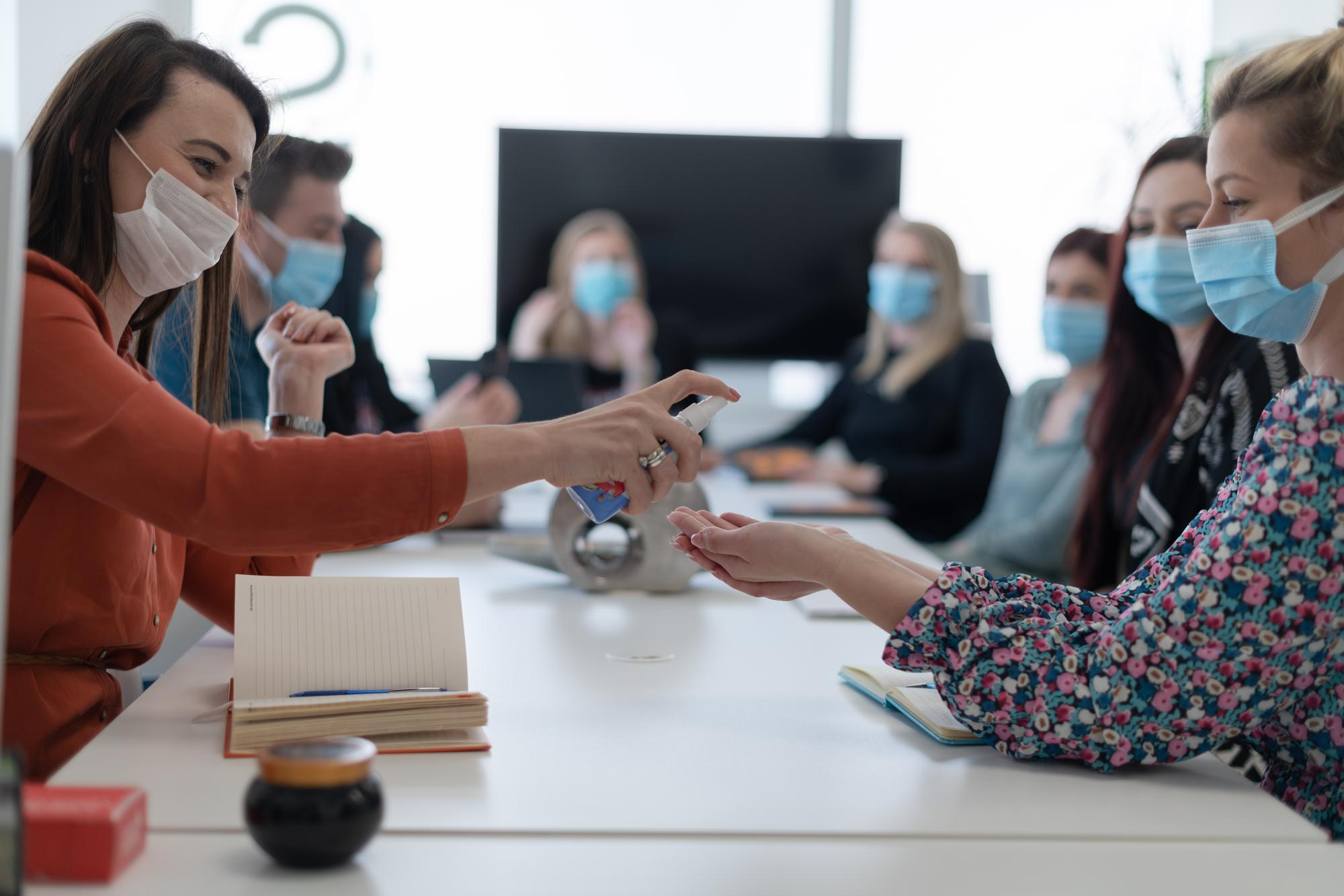Why Is Infection Control Training Important for Healthcare and Social Care?

Keeping high standards of cleanliness and safety is very important in healthcare and social care work. It's essential to understand why infection control training is important, especially for people working in hospitals, care homes, or other community services. Taking an infection control training course in UK or an infection prevention program helps workers learn how to keep patients, coworkers, and themselves safe. Whether you get this training through in-person classes or online, it helps lower the risk of infections and makes care services better.
This blog talks about why infection control training is really important in healthcare and social care places.
The Importance of Infection Control in Hospitals
It's significant to control infections in hospitals.
-
Germs like MRSA or Clostridium difficile can seriously harm patients, making their hospital stays longer and putting more stress on the healthcare system.
-
Proper training helps workers spot dangers, follow hygiene rules, and stop harmful germs from spreading.
-
This protects patients who are more at risk and helps healthcare facilities keep a good reputation.
Protecting Patients and Staff
Healthcare professionals are constantly exposed to potential infection risks. By completing healthcare workers infection training, staff learn to minimise cross-contamination and apply correct procedures in clinical settings. This training also safeguards staff themselves, lowering their risk of contracting or spreading infections in high-pressure environments.
Infection Control in Social Care Settings
Outside hospitals, infection prevention is equally critical. Residential homes, community centres, and in-home care services depend on social care infection control online training to maintain safety. For carers, undertaking a carers infection training course ensures they understand how to apply infection control principles in everyday situations—such as assisting with meals, personal hygiene, and mobility—while protecting vulnerable individuals.
Accredited Training and CPD Opportunities
The UK provides a wide range of accredited programs, including the CPD infection control course UK, designed to meet the standards set by regulatory bodies. Nurses, carers, and healthcare assistants can also benefit from completing NHS infection prevention training, which is highly recognised and offers ongoing professional development. These structured courses not only improve safety but also enhance employability and career progression.
Core Elements of Infection Prevention Courses
Hand hygiene and the usage of personal protective equipment (PPE) are two topics that are commonly included in healthcare infection prevention courses.
Safe clinical waste management and disposal Identifying early infection symptoms
Standard precautions for infection control (SICPs)
Controlling epidemics in settings related to healthcare or social services
Both new hires and seasoned workers looking for refresher training must use this all-inclusive strategy
Hygiene and Infection Training in Daily Practice
Hygiene and infection training goes beyond theory—it impacts day-to-day practice. From disinfecting equipment to applying correct cleaning techniques, these skills reduce the risk of outbreaks and reassure patients and families about the safety of care environments. In 2025, with increased public awareness of infection risks following the COVID-19 pandemic, such training is more critical than ever.
To Wrap Up
Recognizing the significance of infection control training emphasizes how directly it affects staff well-being, patient safety, and the standard of healthcare as a whole. From online social care modules to infection control training programs in the UK, this education gives professionals the skills they need to keep surroundings safe and avoid illnesses. Whether through a CPD infection control course in the UK, NHS infection prevention training, or a carers infection training course, the benefits span the entire healthcare system. Investing in training is not just about compliance—it’s about creating safer, healthier communities.
